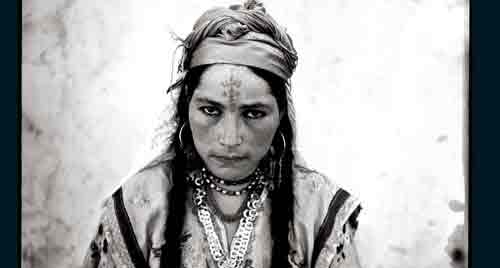The death of Nabile Farès in August, 2016, was a great loss to Francophone North African letters. Farès was a Berber, born in Collo, on the Kabylia peninsula, a part of Algeria that was never fully subdued by either Arab or the later French conquerors, and his first language was Berber. He was a teenager during the Algerian War, when his parents sent him to France to study and to be safe from the conflict. He became a poet, novelist, dramaturge, ethnologist and psychoanalyst of some renown in France, with recognition in Algeria (and the US) coming only recently. His numerous novels and books of poetry all center on issues of exile and colonialism. He worked closely with translator Peter Thompson over the years to see several of his works translated into English. They were working together on Exile: Women’s Turn at the time of his death, and we are proud to be able to release this work into English now.
Thompson explains the genesis of this book in the Translator’s Introduction:
…this poetry arose from a special moment in African migration and exile. Men, before the 1980s, had always been the ones to leave North Africa in search of work (mainly in France and Spain). They found dubious lodging–often in exploitive dormitories–and sent money home. That changed when women, in a considerable wave, undertook the sea crossing on their own. Exile: Women’s Turn is that journey, and that sea change in women’s destinies.
You can read a more complete biography of Farès here. Diálogos also has in print Exile and Helplessness (L’Exil et le désarroi), a novel (also available as ebook), and we recommend two earlier translations by Peter Thompson, A Passenger from the West (novel) and Hearing Your Story (poetry) both from UNO Press.
…it is the great merit & beauty of these poems to speak to & of (without the male arrogance of claiming to speak for) the women (of his native Algeria, & of elsewhere & not only in the Arab world) in their double exile, “these women [who] resembled / Clandestine vowels / Of the Unwanted Languages,” humbly declaring his work to be “your voyage // my translation.”
—Pierre Joris, author of h.j.r., and The University of California Book of North African Literature.

